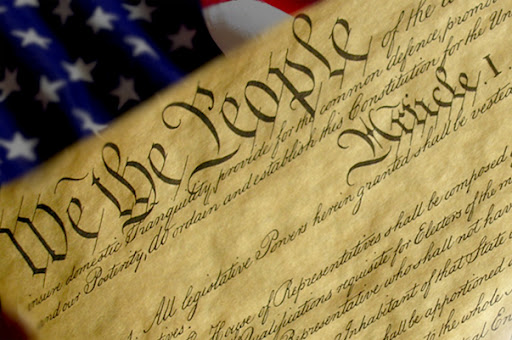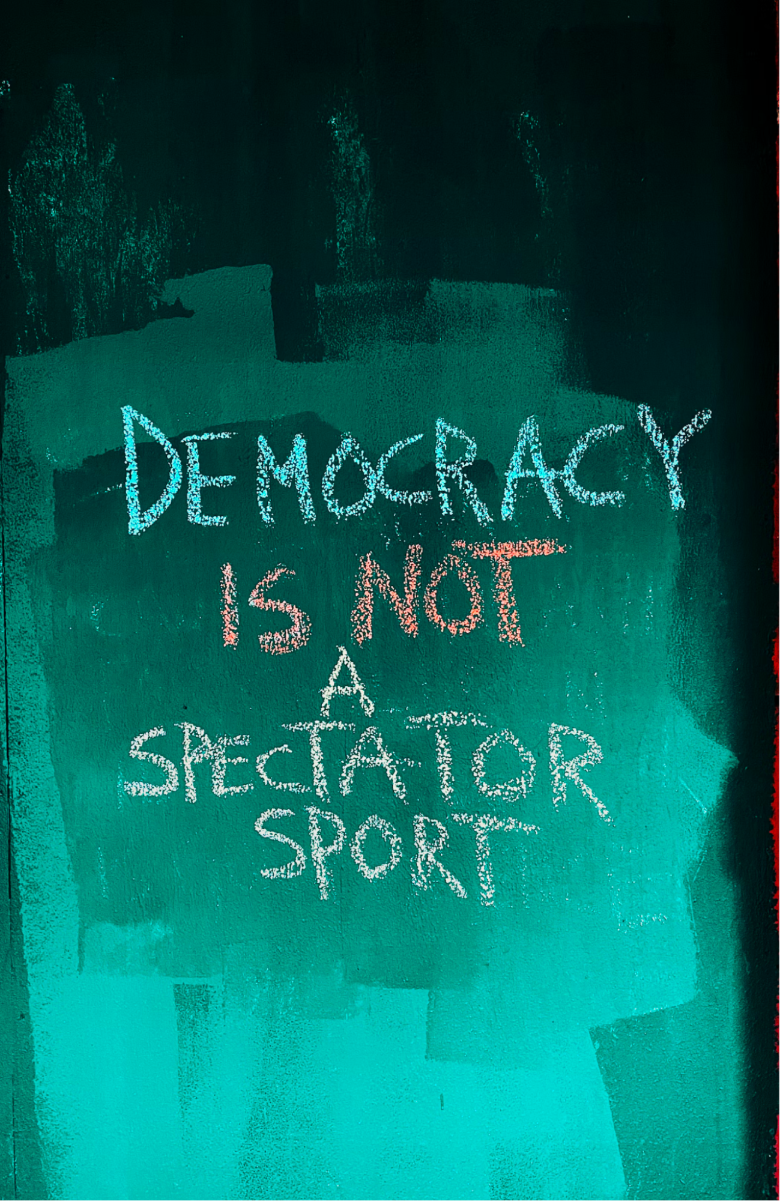Analysis
Dear President Trump: We See What You Are Doing with Antisemitism
Last Thursday, during a rally to promote their disastrous new budget, President Trump took the stage and said: “No going to the banks and in some cases, borrowing from a fine banker, and in some cases shylocks and bad people.” Trump’s use of the word “shylocks” echoes a hundreds-of-years-old trope about hidden Jewish influences, moneylending and nefarious financial power. Borrowed from a character in Shakespeare’s play, The Merchant of Venice, Shylock refers to the play’s principal villain, a Jewish moneylender, even though there were no Jews in England during Shakespeare’s time because of the Edict of Expulsion in 1290 by Edward I.
Trump is no stranger to antisemitic comments or allusions. During his first election campaign, Trump posted a graphic of Hilary Clinton with a Star of David in front of a pile of cash with the caption, “most corrupt candidate ever.” Trump has accused American Jews of dual loyalty and had suggested that if he lost reelection, it would be the fault of Jewish voters. Some of the conspiracy theories that he stokes have even led to violent attacks, particularly against Jews in Pittsburgh through the shooting at the Tree of Life Synagogue and its aftermath.
What makes this so confusing is that if you were to listen to Trump and his allies, you would think they were strong defenders of Jewish communities. They have made combating antisemitism one of the centerpieces of their policy agenda. What they don’t tell you is that this agenda was developed with little or no Jewish input, and in fact, hundreds of rabbis across the country have criticized how he exploits the real problem of antisemitism to further his policy agenda.
Since the start of the new administration, Trump and his allies have used the justification of combating antisemitism to attack higher education, target other religious minorities, and advance mass deportations. Meanwhile, Trump and his allies have trafficked in some of the oldest antisemitic tropes in the book.
The exploitation of a religious community’s fears is a tactic of the Trump administration’s authoritarian agenda. We at Interfaith Alliance will continue to expose their authoritarian playbook to reveal what’s really at stake. Though Trump claims to not know that his use of the word “Shylock” is antisemitic, it is yet another reminder of how hollow his claims to care about antisemitism really are.
His administration’s continued exploitation of Jewish fears to advance an authoritarian agenda is a real strike on our democracy. If this agenda succeeds, it will not protect American Jewish communities. We must work to address antisemitism –and all forms of hate– in ways that keep Jewish communities and all of our communities safe.
Zev Mishell is the National Programs Associate at Interfaith Alliance.
The views and beliefs expressed in this post and all Interfaith Alliance blogs are those held by the author of each respective piece. Nothing in this blog post is an endorsement of any political candidate. To learn more about the organizational views, policies, and positions of Interfaith Alliance on any issues, please contact [email protected].
Transcript

Pluralism is Democracy in Action
On July 4, America will mark 250 years since the signing of the Declaration of Independence. That day in 1776, the nation’s founders put forward a bold vision for a new democratic experiment, one rooted in shared values, with power derived from the people rather than imposed by a monarch or religious authority:



